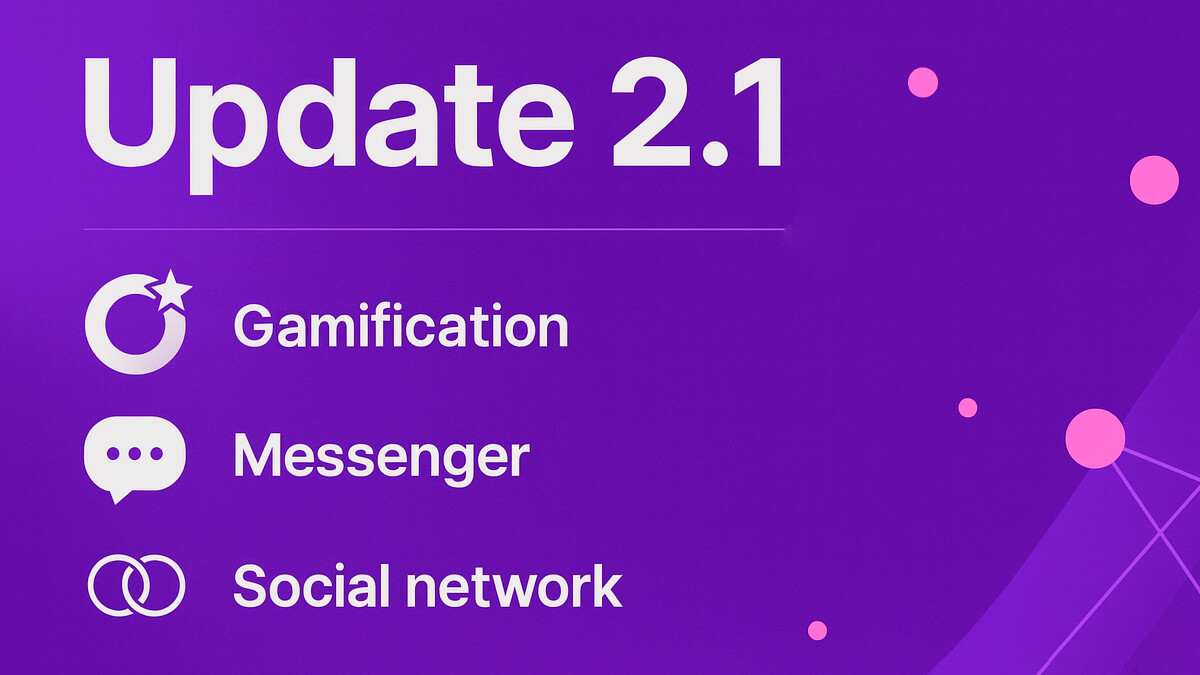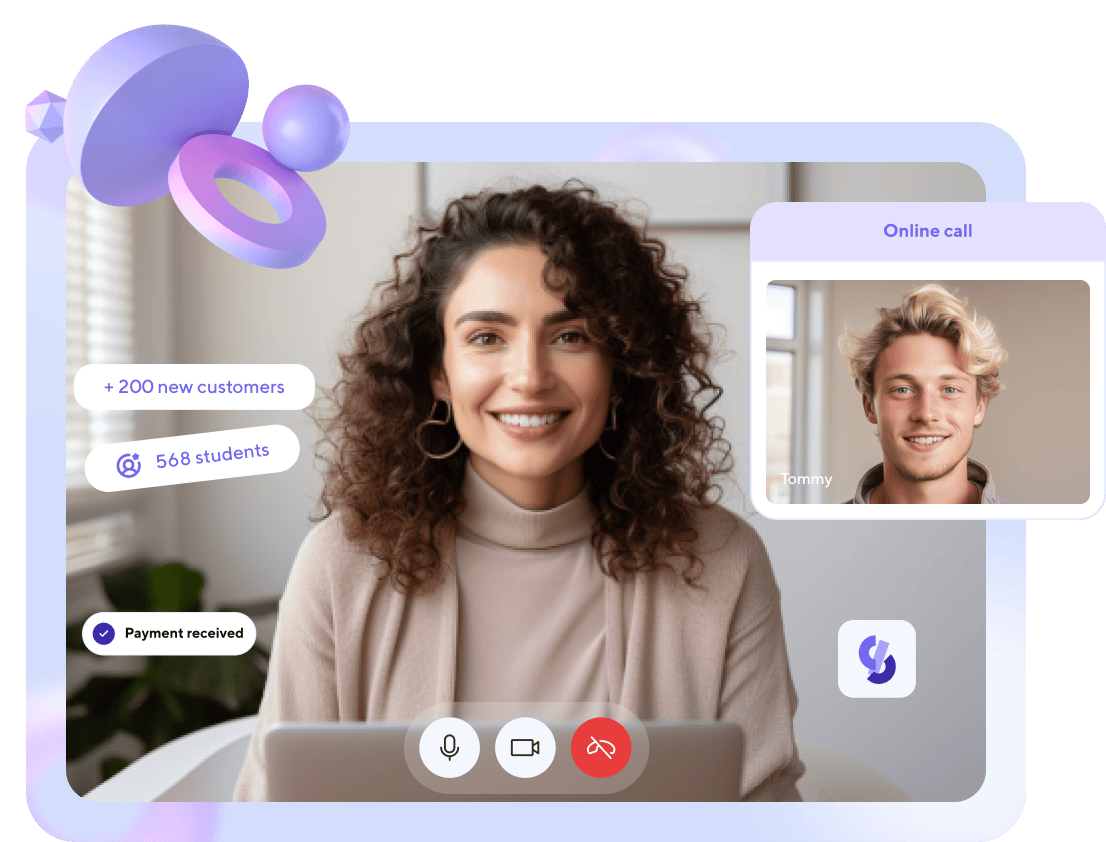Personal Branding: The Key to Success for Online School Owners

The digital landscape has profoundly reshaped the education sector, making personal branding an indispensable tool for online school owners, teachers, and mentors. Far from being just a buzzword, personal branding serves as your professional identity, intricately weaving your skills, values, experiences, and passions into a unique narrative. This narrative not only defines you but also creates a distinctive connection with your students and clients, enhancing their learning experience.
Significance of Personal Branding in the Modern Educational Context
Personal branding has gained paramount importance in the rapidly evolving digital education arena. As the accessibility of online education soars, learners worldwide are inundated with myriad choices. A robust personal brand serves as a beacon that cuts through the noise and attracts learners towards you. It allows you to stand out, emphasizing your unique teaching style, unmatched skills, and rich experiences.
Furthermore, a personal brand builds credibility, fosters trust, and allows you to command authority in your field. It enables you to create an indelible impression in the minds of learners, thus enhancing your visibility in a crowded market and ultimately contributing to your professional success.

Steps to Forge a Powerful Personal Brand
1. Uncover Your Unique Value Proposition: The journey of personal branding begins with introspection. Identify what distinguishes you from other educators or mentors. Are you known for your creative teaching methodologies or your knack for making complex concepts simple? Do you have comprehensive experience in a specific niche or possess a unique philosophy of mentoring? Recognize these distinguishing factors as they will form the crux of your personal brand.
2. Identify Your Target Audience: Once you’ve defined your Unique Value Proposition (UVP), it’s essential to pinpoint your target audience. Who do you envision benefiting from your skills and expertise? Understanding your audience’s needs, aspirations, and learning styles allows you to refine your personal brand, aligning it with what your audience seeks.
3. Craft Your Personal Brand Statement: Your personal brand statement is a concise yet potent expression of your UVP and the value you deliver to your audience. It encompasses who you are, what you do, who you do it for, and how you do it uniquely. Think of it as an elevator pitch that conveys your professional identity.
4. Establish a Consistent Online Presence: With your personal brand statement as your compass, navigate the digital realm to establish a consistent online presence. Be it your website, social media profiles, or course descriptions, each platform should echo your personal brand’s core message. Consistency amplifies brand recognition, fosters trust, and underscores your professionalism.

5. Foster Audience Engagement: Building a personal brand isn’t a one-way street. Engage with your audience regularly, nurturing relationships and opening channels for two-way communication. Share insights, experiences, and personal anecdotes through blogs, webinars, social media posts, or podcasts. Active engagement not only enhances your brand visibility but also fosters a sense of community, encouraging learner loyalty.
6. Cultivate Professional Relationships: Networking and collaborations can enrich your personal brand. Actively engage with industry peers, join professional groups, and participate in forums or discussions. Such interactions facilitate knowledge exchange, provide fresh perspectives, and can even open doors for collaborations, thus enhancing your brand reach and credibility.
7. Embrace Evolution: The key to maintaining a robust personal brand lies in its evolution. As you expand your skill set, gain insights about your audience, or embrace new teaching methodologies, allow your brand to reflect this growth. Keep abreast of the latest industry trends and incorporate relevant changes into your personal brand.
Conclusion
The advent of digital education has empowered countless individuals to share knowledge, leading to an information explosion. In such an environment, your personal brand serves as a differentiating factor, capturing the essence of what you offer as an online school owner, teacher, or mentor. Although building a compelling personal brand demands clarity, consistency, and continuous evolution, it is well worth the effort. With a strong personal brand, you not only enhance your professional trajectory but also enrich your learners’ experiences, making a lasting impact on their educational journey.
Articles are good, but social media posts are faster!
Subscribe to us and be the first to receive tips and tricks
on promoting your online school!


Earn money on your knowledge and experience with
Softbook!
to the platform for setting up your own school!





